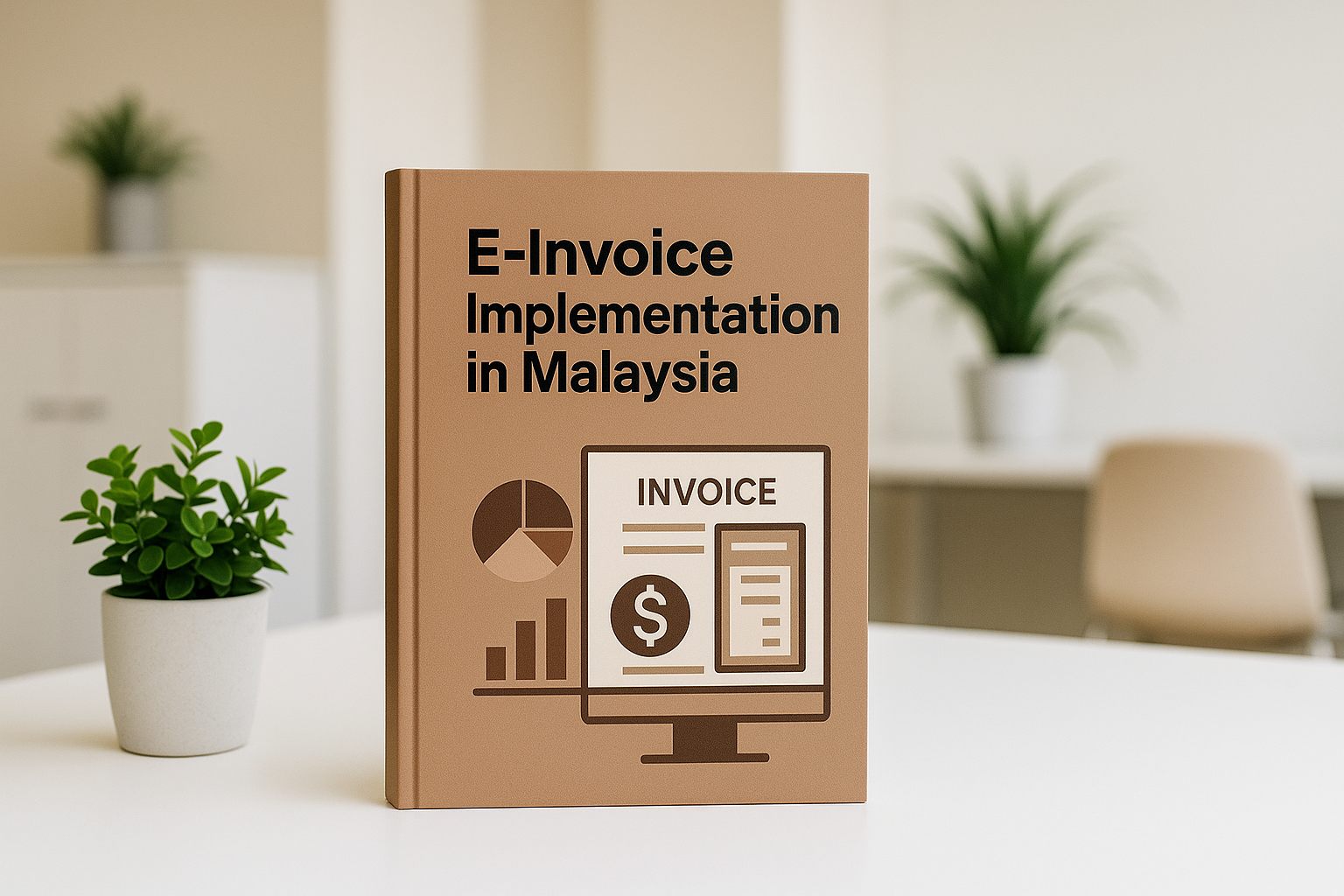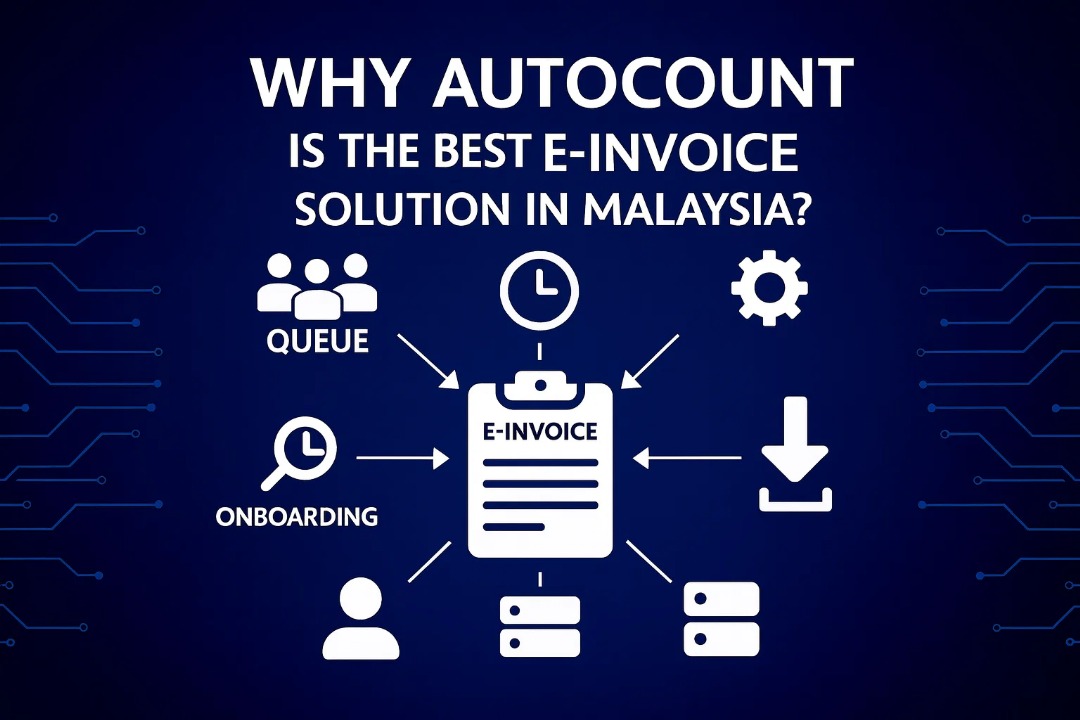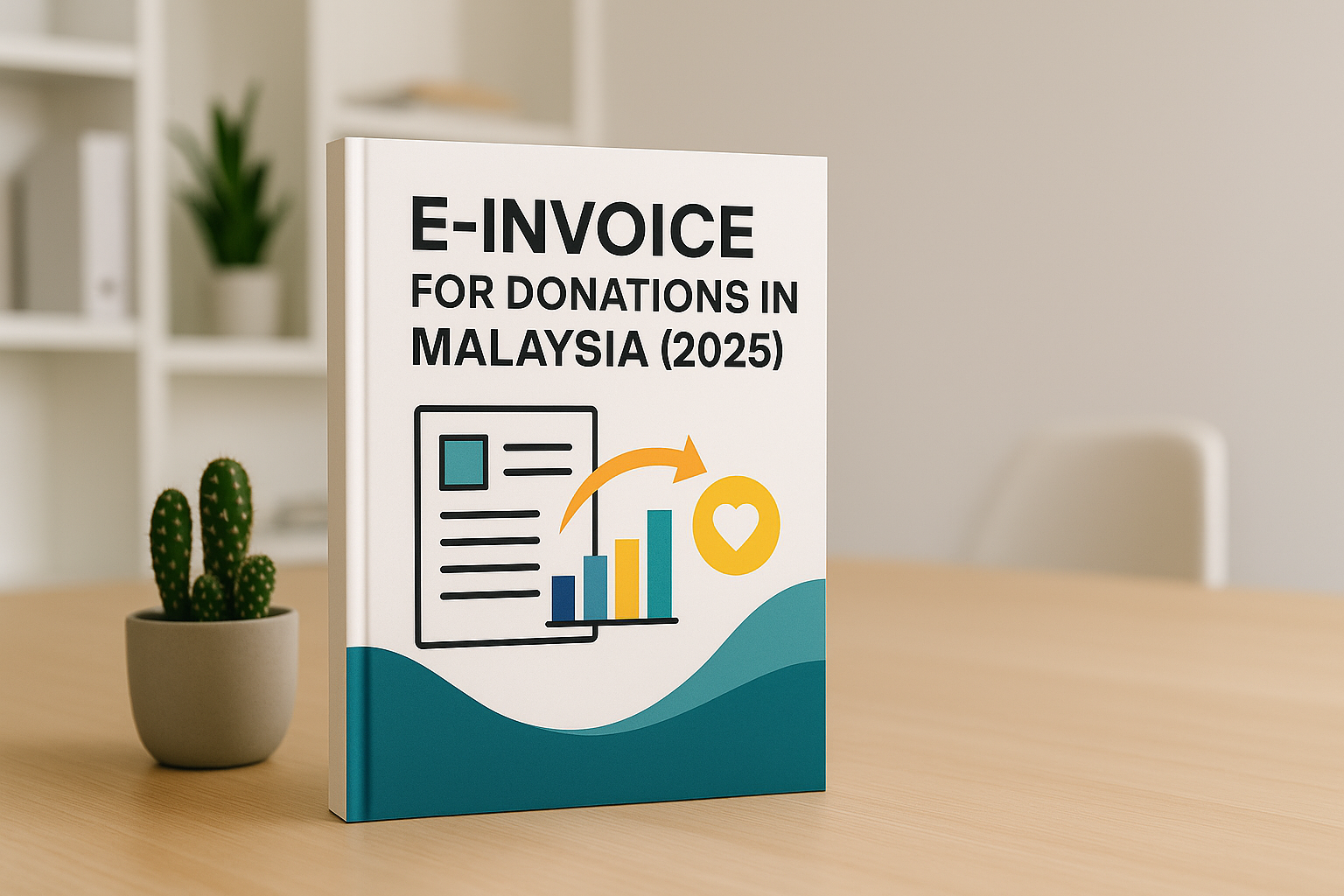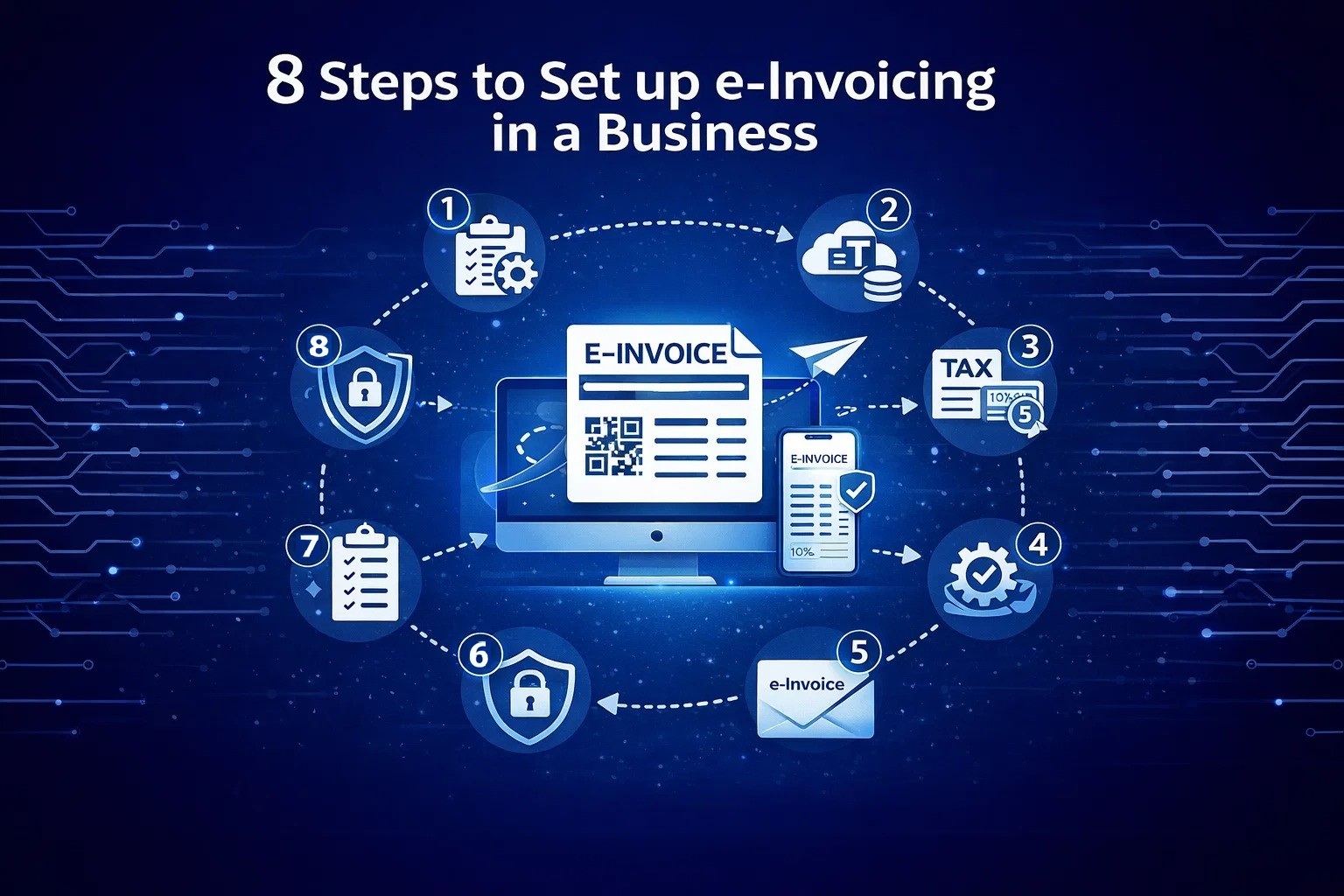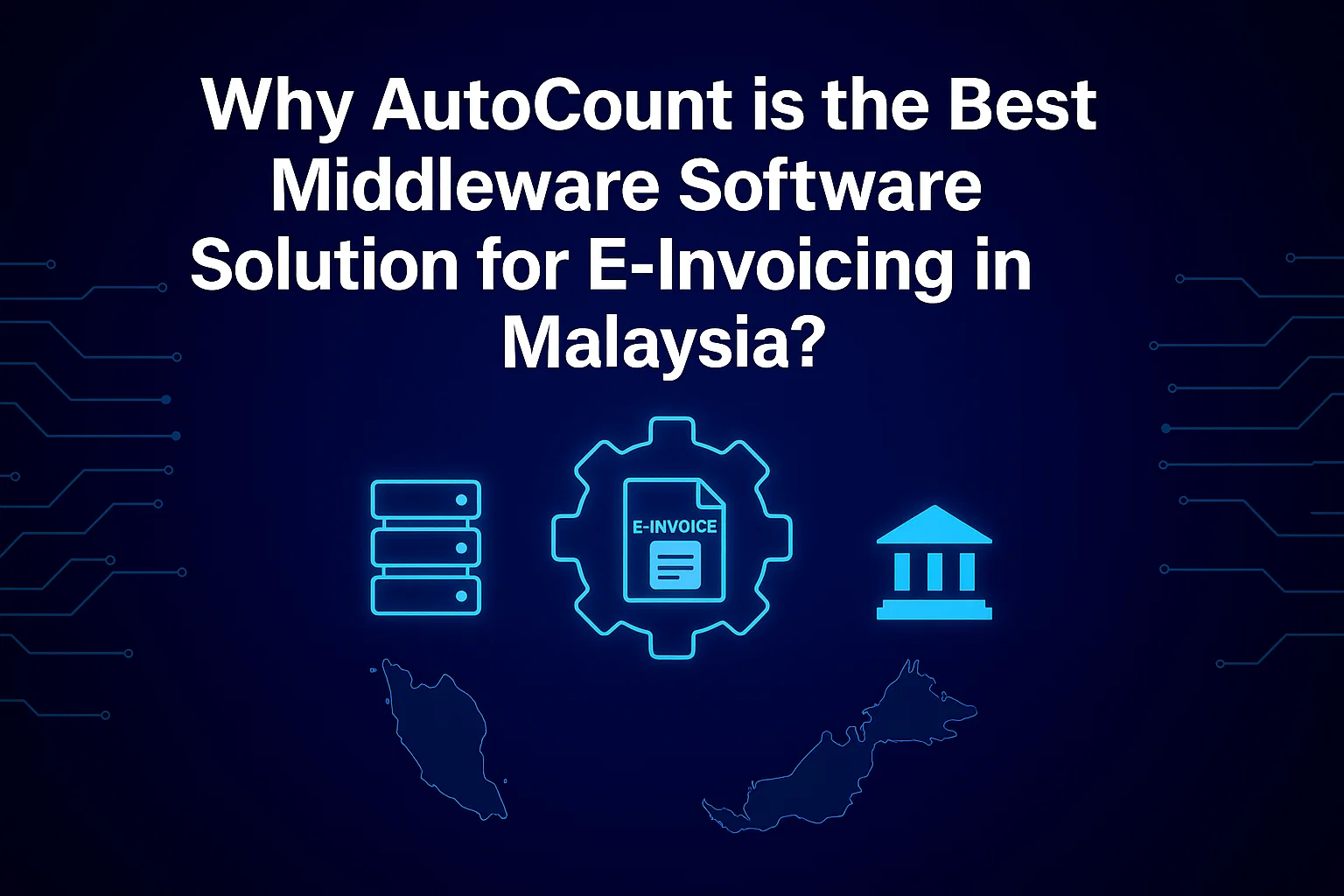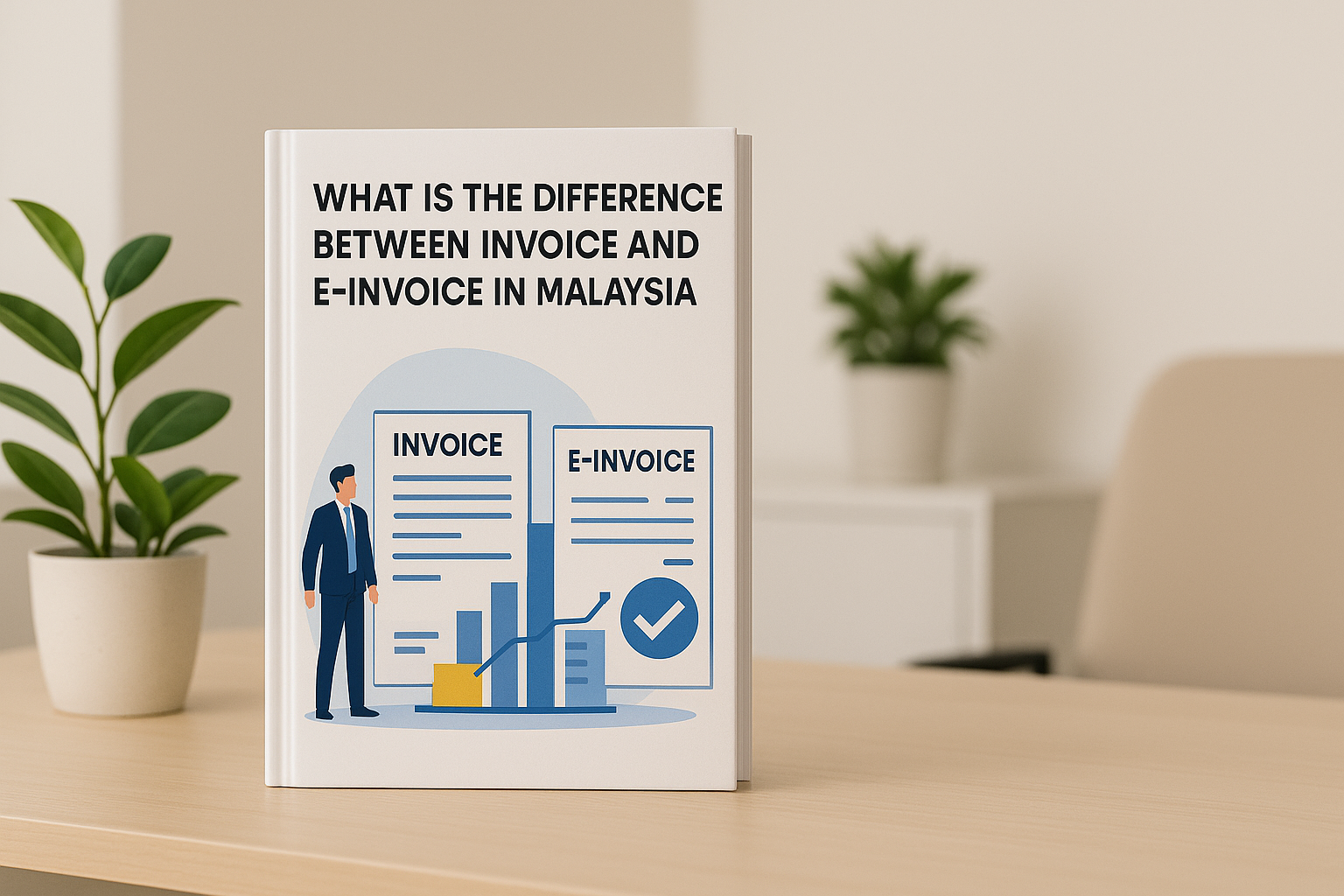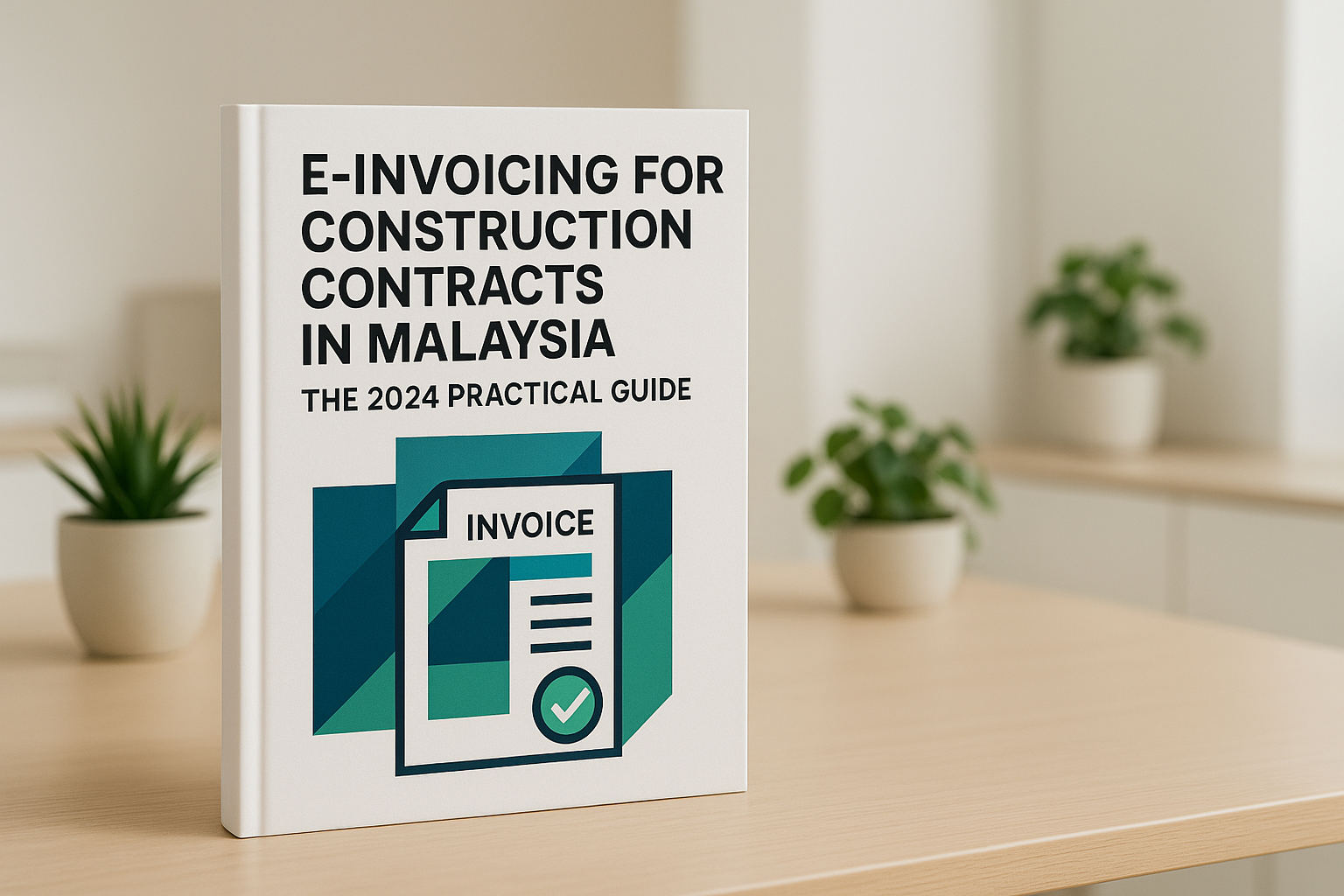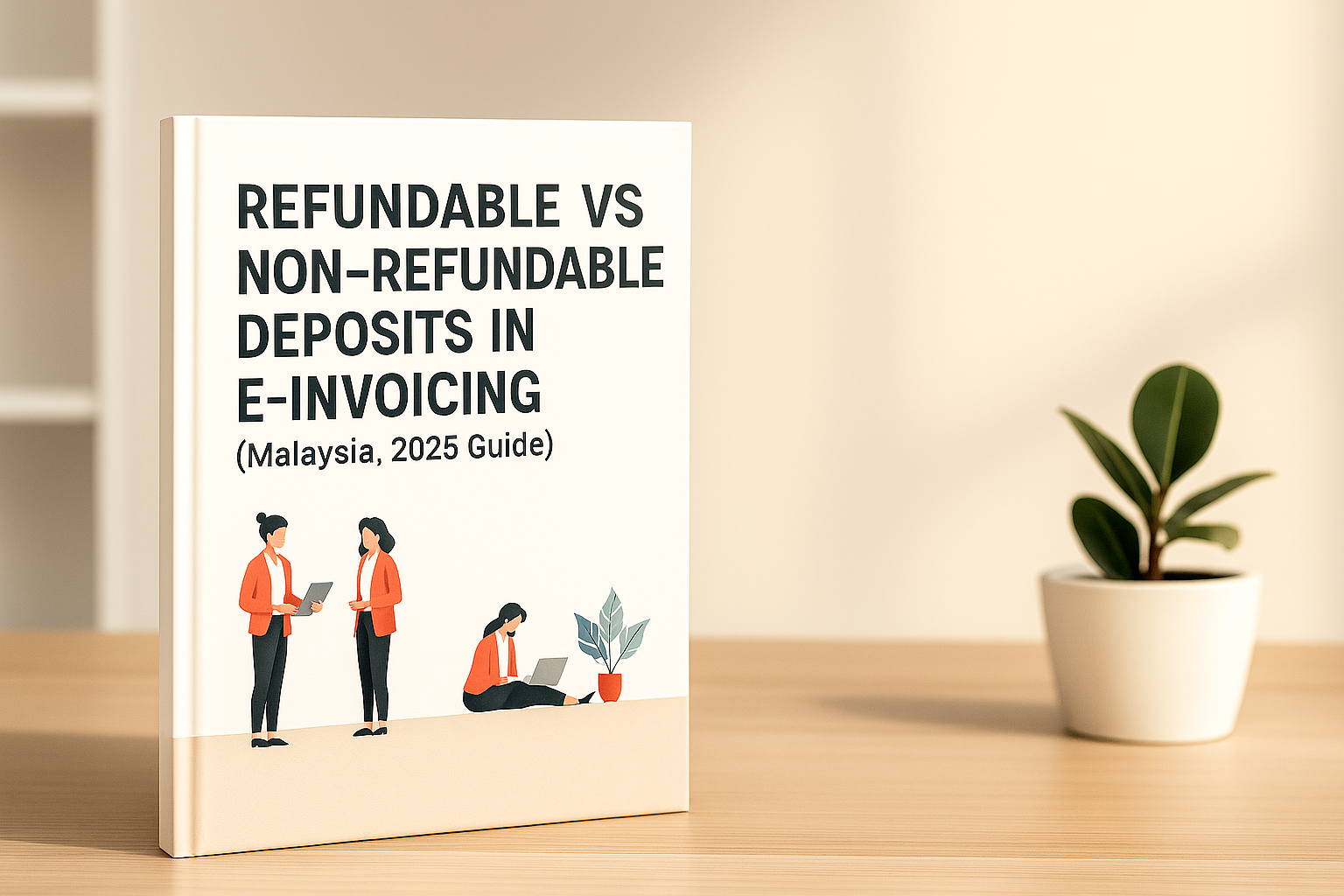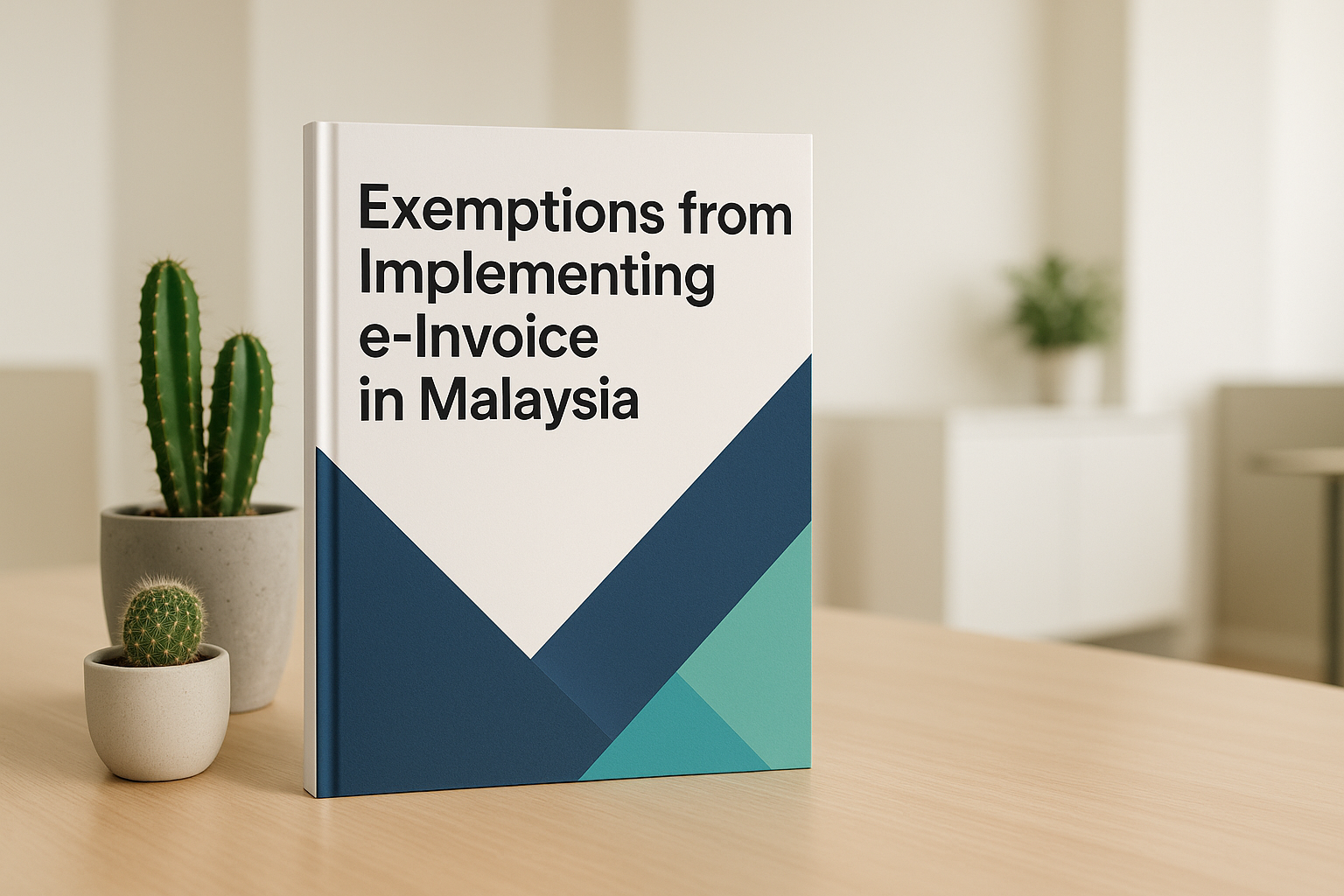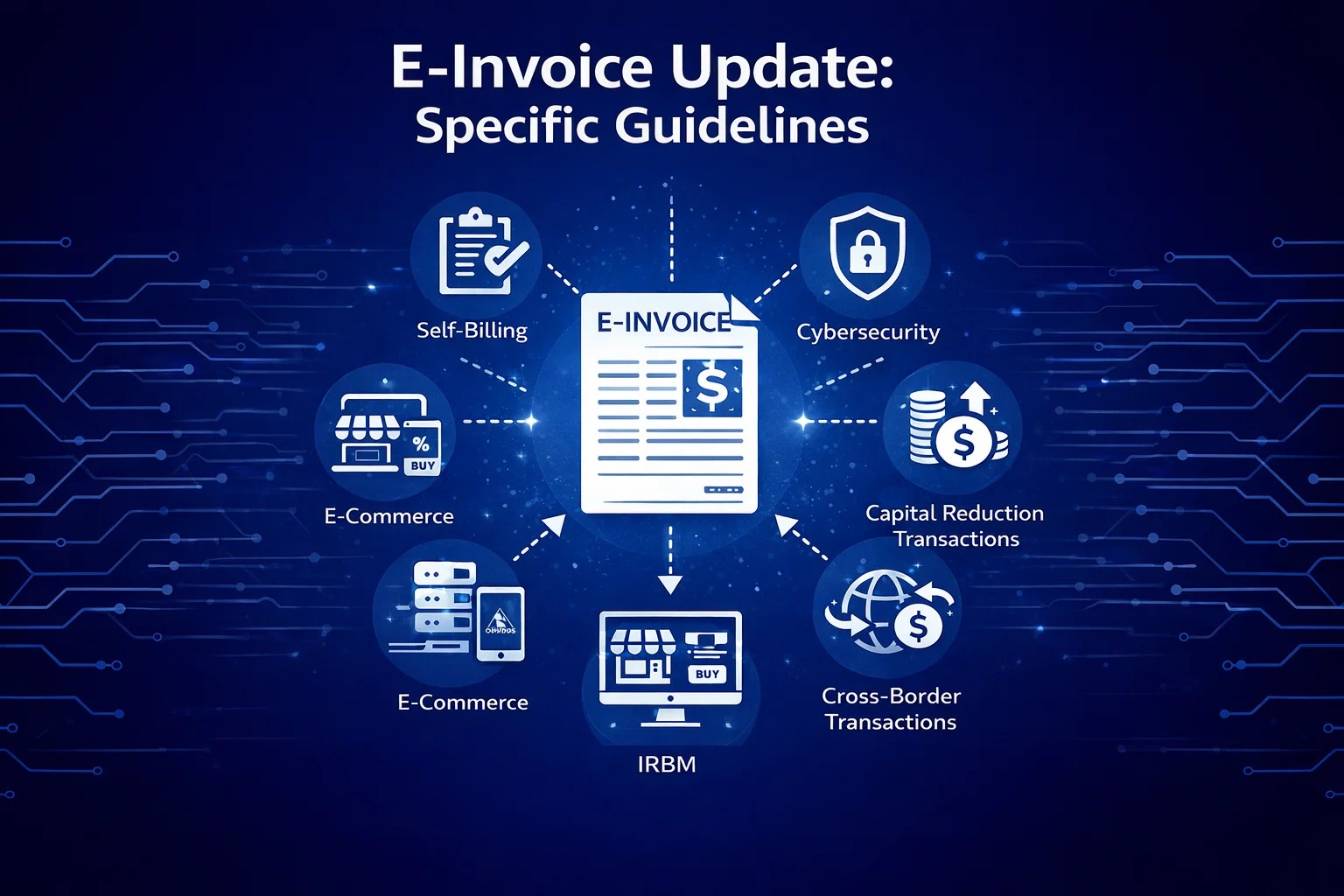Navigate Malaysia’s e-Invoice mandate with confidence. A complete guide to LHDN E-Invoice implementation timelines, MSME exemption criteria, and essential compliance tips based on annual turnover. View Timeline AutoCount E-Invoice E-Invoice Implementation Timeline The implementation of e-Invoices will occur in phases, based on a company’s annual turnover. The following is the official timeline for compliance: Implementation Date Annual Revenue Threshold Annual… Continue reading E-Invoice Implementation in Malaysia
E-Invoice Implementation in Malaysia
